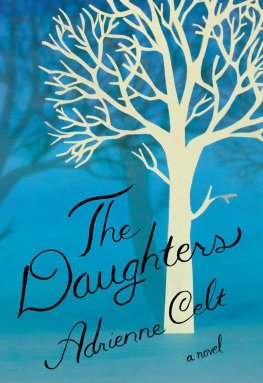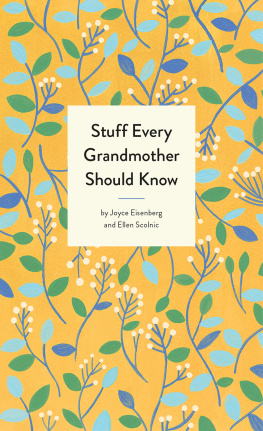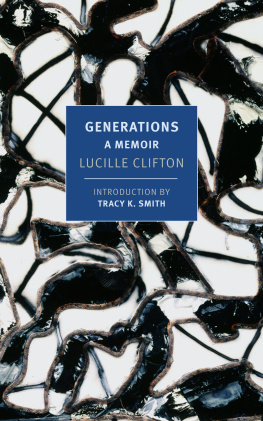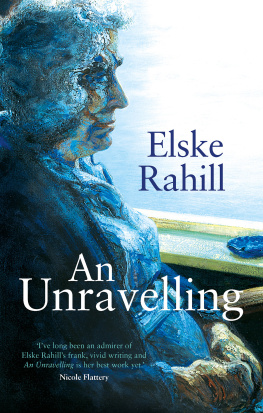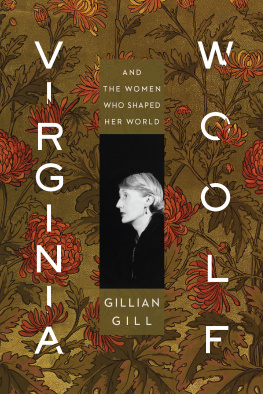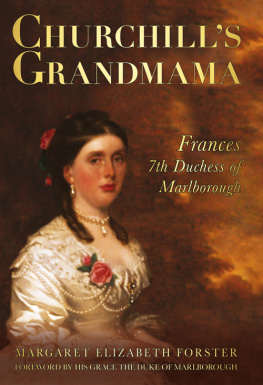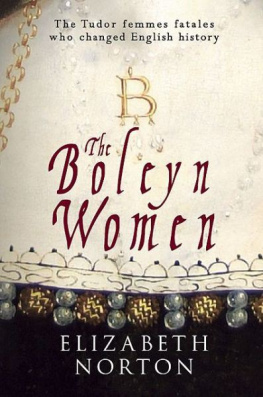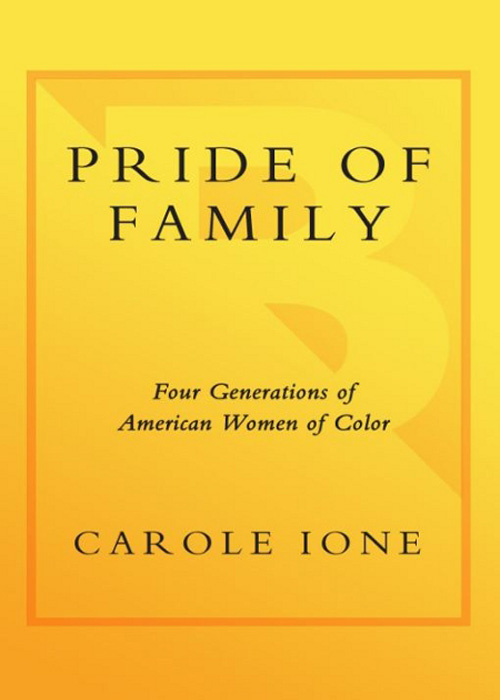
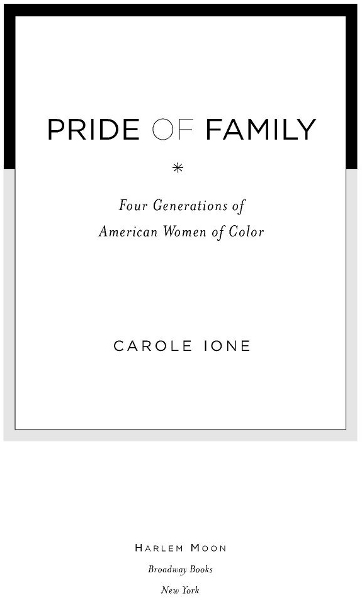
Table of Contents
For my Family,
may our past wounds be healed.
Those who are dead are never gone,
They are there in the thickening shadow.
AFRICAN POEM

Preface
The truth is, I knew I was female before I knew I was black. I was raised by three singular womenmy mother, my grandmother, and my great-auntand all my life I studied them: their smooth faces, the enigma of their bodies. Strong, proud, secretive, like the mythic beings in my storybooks, the women in my family presented themselves to me fully formed and without much history to speak of. They were simply there, with their hankies and hairpins, high heels and furs, perfumes and pianos, racing sheets and stethoscopes.
My gambling grandmother was a high-kicking dancer in the great chorus lines of the 1920s and 30s, and she loved to play the numbers and bet the horses. My dignified great-aunt was a medical doctor and a social reformer. And my mother was a journalist and a writer of murder mysteries, who also composed tropical songs. I hoped that one day I would be like these womenthat they would accept me as one of them, that I would bask in their love and understanding and would share in all their secrets.
There were, of course, men in the family too. We saw them every few months, or, in times of relative truce, more often. When they were not around they were spoken of with pursed-lipped exasperation; yet I could often detect traces of reluctant admiration in the womens voices. The men in the family had made their mark. There was my father, a sociologist, and my grandfather, a respected actor whose own father was a Reconstruction-era judge. My great-grandfathers uncle was a nineteenth-century moralist, lumber merchant, abolitionist, and publisher from Philadelphia, whose life I could read about in history books.
I was raised to be proud of the accomplishments of our family, to feel that we had a special place in the world. As I grew older, however, I began to notice something that Id been hiding even from myself: underneath the pride, I sometimes felt ashamed and afraid. Each of the women who had raised me had passed on certain rules about living: Always have some money of your own. You cant trust a man; Always put cold cream on your face at night; A woman never tells her age. Be vague about dates. But I started to realize that there was something essential they werent telling me; some reason why it was so difficult for us to feel at home with one another and with our lives. I was a rebel daughter, not knowing that my mother and my grandmother had each, before me, also been a rebel daughter.
Home for us, as black women, was never simple. In the distant past, our ancestors had held allegiance to lands as disparate as Europe and Africa, precolonized America and the island of Hispaniola. And in the United States, as if to echo the diaspora of our ancestors, home for us has consisted of different houses in different cities. Individually, we each traveled to distant places on a quest for homemy mother to Mexico, my grandmother on the vaudeville circuit, I to France, Spain, California.
Our foremothers had also struggled to feel at home in the world, but I didnt know this. Like most Americans, I had little concept of history in connection with my familyno idea how recently, in fact, we had become Americans. Through four generations we had been called by a number of names: Indian, colored, Negro, black, African-American.... Yet, to my mind, none of these fits. Each merely serves to keep us from feeling truly at home in America. My grandmother and mother never talked about the past. My mother hated everything reminiscent of family history; she even refused to sleep in an antique bed that had been in the family for generations. My great-aunt died before I was old enough to ask her about her life, about her mother.
I knew very little about the three women I grew up with, and less about the women who came before them. In our family, the mens lives were well documented, but the womens were shrouded in mystery.
In 1973, I was struggling to balance marriage, motherhood, and a writing career in New York City. I was in my thirties and had three small boys. It was a hopeful time: women and black writers were coming to the forefront, and inspired by the womens movement, I decided to write an article for Ms. magazine about the women in my family. I remembered that my mother had once mentioned a diary written by her grandmother, Frances Anne Rollinwhom she had described as an ancestor, a terrific woman, a writer. I wrote to her and asked her to send it.
From the moment I read the words Frances Anne Rollin wrote in Boston on January 1, 1868The year renews its birth today with all of its hopes and sorrowsshe became my beacon, the foremother who would finally share with me our collective past.
Born into a free family of color before the Civil War, my great-grandmother was an abolitionist and a feminist. She wrote about issues of race, class, and womanhood over a hundred years before me. I was enthralled but also puzzled. Why hadnt my mother told me about her while I was growing up? This question, with many others, sparked a search that went on for two decades. My children grew up during this time, and so did I.
I came to understand that it was the pride of family that kept secrets and told liesthe pride that told of the men and not the women, the fair-skinned and not the dark, the privileged and not the poorwhich had kept me from home.
Introduction
I was infinitely fortunate to have Carole Iones Pride of Family literally thrust upon me late in 1991, even before the public had a first chance to ooh and aah over it. The Womans Review of Books sent me bound galleys, and I became irresistibly drawn into Iones worlds as I delved into her work and then began writing my reviewan unqualified rave.
Reading Pride of Family, I wrote at the time, I found myself wondering whether this book speaks to me so strongly because it creates a pervasive magic of its own, or because I was constantly aware of the tangencies and similarities between Carole Iones life and my own. Rereading it more than a decade later, Iones intricate story-lines, compelling characters, and pervasive message still speak to me with the same intensity. Her facile chronological loops from the present, back many generations, and then down through the years to the modern world once again, still impress me. Her comprehension and analysis of both history and the human psyche excite me now as they did more than a dozen years ago. Looking back, it matters not at all whether I first found myself sucked into Iones story because of commonalities between our lives. The book did and still does weave its own pervasive magic.
Nonetheless, I must admit that I immediately felt a profound kinship to Ione and her family. She and I are exactly of an age. One of the photographs on the books cover, that of a tan-skinned four-year-old with smooth sausage curls decked out in her proper starched party dress, could almost have been me. We had both grown up in New York City and even lived for a while in the very same apartment building on Sugar Hill.
Iones family saga, however, starts long before that time. It sweeps all the way down from Africa, France, and the bloody independence struggles of the Haitian revolution. In antebellum Charleston, South Carolina, her resolute foremothers lived as mixed-race free people of color (as did mine in a neighboring state), struggling to survive in an oppressive patriarchal society dominated by wealthy whites and profusely populated by the dark-skinned people whom they held in perpetual bondage. The nineteenth-century African American women about whom Ione writes so lovingly and insightfully fought many battles in hopes that we, their genetic and spiritual descendants, would not have to do the same.
Next page

